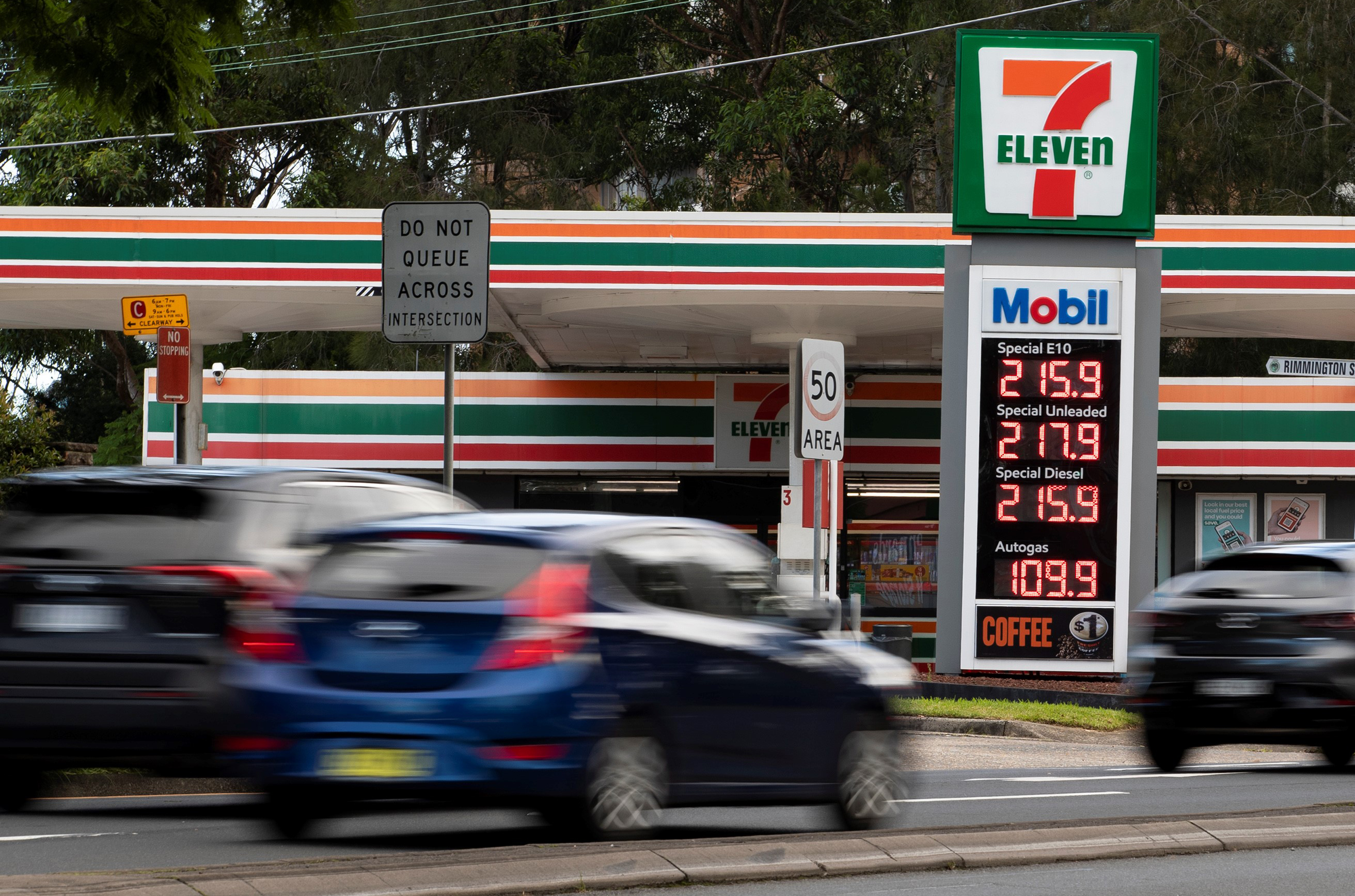Snapshot
- Fuel excise will be halved to 22.1 cents per litre
- Changes won’t be seen at the bowser for another fortnight
- Increasing price of crude oil could negate direct savings
Fuel providers could be taken to court if they don’t pass on the Federal Government’s excise cut to consumers, Wheels has learned.
The Australian Competition and Consumer Commission (ACCC) has vowed it will be monitoring local fuel prices more closely after the excise was halved temporarily for six months as a part of the 2022-23 Federal Budget – and will take enforcement action against those not passing on the saving.
Refiners, importers, terminal operators, wholesalers and retailers found to be making false or misleading statements about their intentions to hand down the tax cut to consumers could face penalties ranging from fines through to legal action taken through the courts.
A spokesperson for the ACCC told Wheels the punishment for breaching Australian Consumer Law varies depending on the situation – starting with an infringement notice of $2664 (for an individual), $13,320 (for a body corporate) or $133,200 (for a listed corporation), through to legal action being taken in the Federal Court of Australia, where costs would likely be much greater, resulting in penalties of between $287,490 and $1.4 million. The authority can seek additional redress for consumers which could include applying for an injunction or lesser orders such as community service or probation.
ACCC Chairwoman Gina Cass-Gottlieb said the watchdog will be paying close attention over the next six months to make sure fuel companies aren’t taking advantage of the situation.
“If retailers make false or misleading statements to consumers that they have passed on the savings when they have not, the ACCC will not hesitate to take appropriate enforcement action,” she said.
“We encourage consumers in major capitals to also look at the price cycle information on our website, and consumers everywhere to use price comparison sites.”
However, the Australian Automobile Association (AAA) has been skeptical about the process the Government will use to enforce the tax cut, asking for clarity surrounding the ACCC’s strategy.
“The AAA looks forward to understanding the measures to be put in place by the Government to ensure every cent of this tax cut flows through to motorists,” said the AAA following the announcement.
“Motorists deserve to know how the Government will police this tax cut and ensure it’s not simply swallowed by fuel retailers, as the experience overseas is that retailers are pocketing the profits and motorists continue to miss out.”
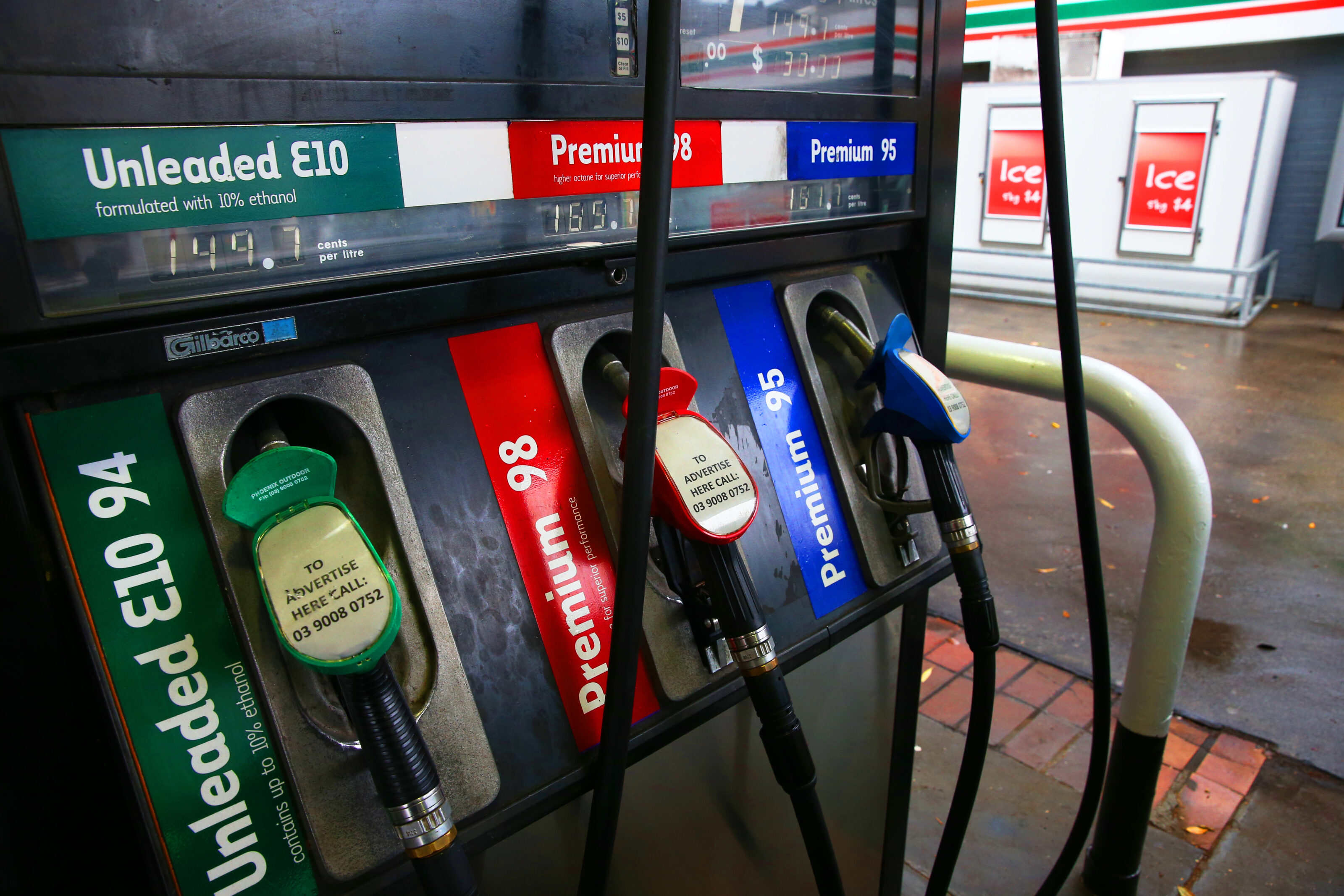
On Tuesday, Treasurer Josh Frydenberg cut the national fuel excise to 22.1 cents per litre as a part of the Coalition’s plan to reduce surging prices, with the national average for regular unleaded sitting at 206.7 cents per litre as of March 27, according to the Australian Institute of Petroleum.
While the excise reduction came into effect on March 31, it’s expected to take at least two weeks for the price reduction to be passed on to motorists.
“We expect that fuel retailers will pass on the cut in fuel excise to reduce the price at the bowser as soon as possible, as existing petrol stock levels are used up,” ACCC boss Gina Cass-Gottlieb added.
“In light of the announcement, our petrol team will focus on this price monitoring work for the next six months to determine how retailers are passing through the excise reduction to consumers.
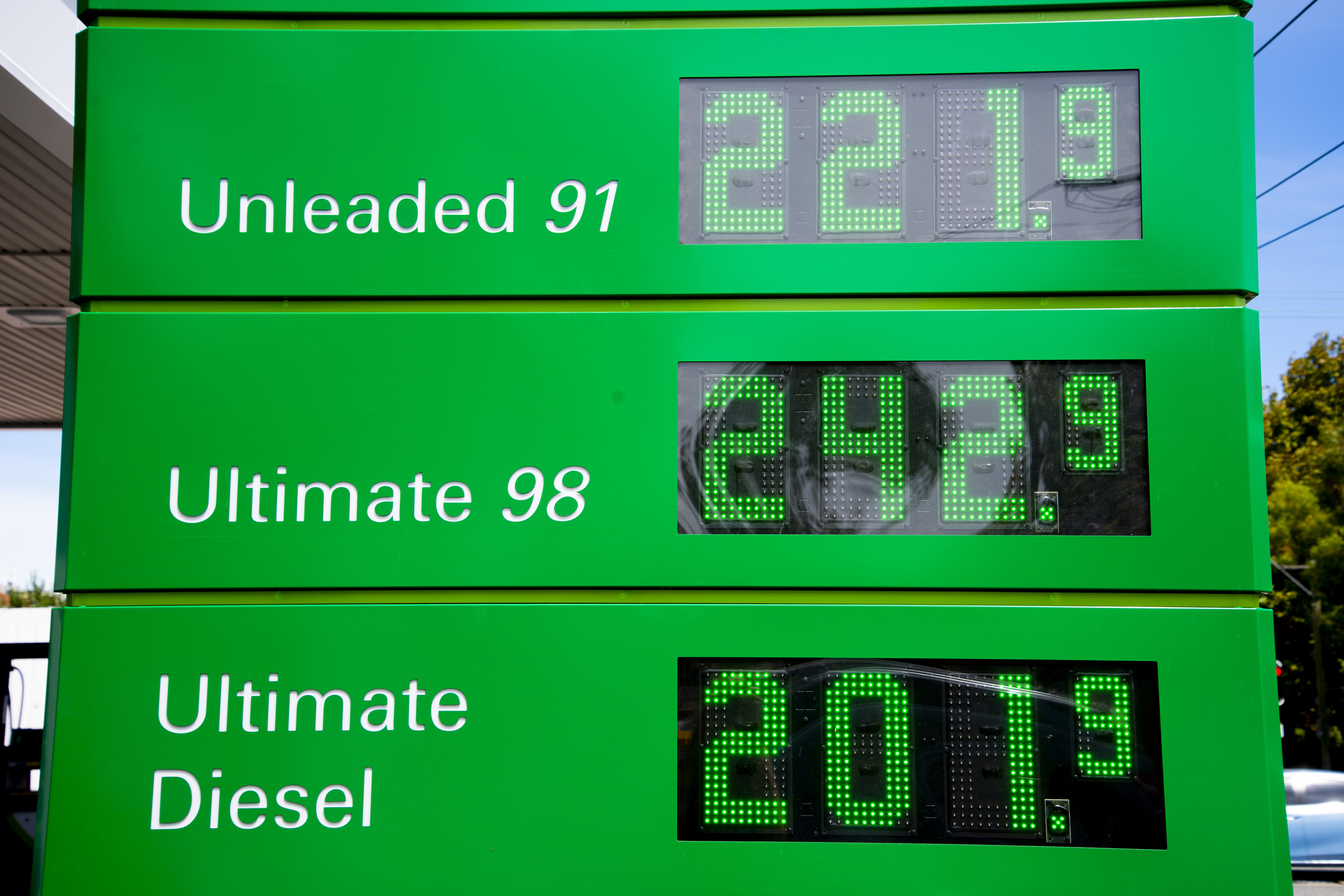
“We will contact petrol retailers to set out our clear expectations that the savings are passed on to consumers and advise them that we will be monitoring their margins. We will also continue to inform consumers of retailer behaviour.
“As these changes flow through to prices at local servos, this is a good time for consumers to look around and shop at those retailers who have already passed on the cut in the excise to their petrol prices.”
Last year, the ACCC found taxes such as the excise and GST made up 36 per cent of what consumers pay at the bowser, with just 15 per cent going towards retail margins and other costs.

While the temporary fuel excise discount will drop the price of fuel by 22.1 cents a litre for six months, motorists may not receive the kind of relief they are hoping for at the pump, with the price of oil retracing higher in recent weeks.
Over the month of March, Brent Crude dropped from a high of around US$130/barrel to less than US$100, but has crept up to its current price of US$110.
As the price of petrol and diesel lags the oil markets by around a week or two, it’s likely unleaded will still cost around AU$1.80/litre – with the trend pointing higher.
Oil industry experts are warning the price of oil could hit US$200, which would see petrol prices surge to nearly AU$4/litre.
“It is not unfathomable for prices to rocket to US$200 a barrel by summer, spur a recession and end the year closer to US$50 a barrel,” RBC Capital Markets analyst Michael Tran told Yahoo Finance.
“To be clear, this is not our base case, but such a scenario does not sound implausible today.”
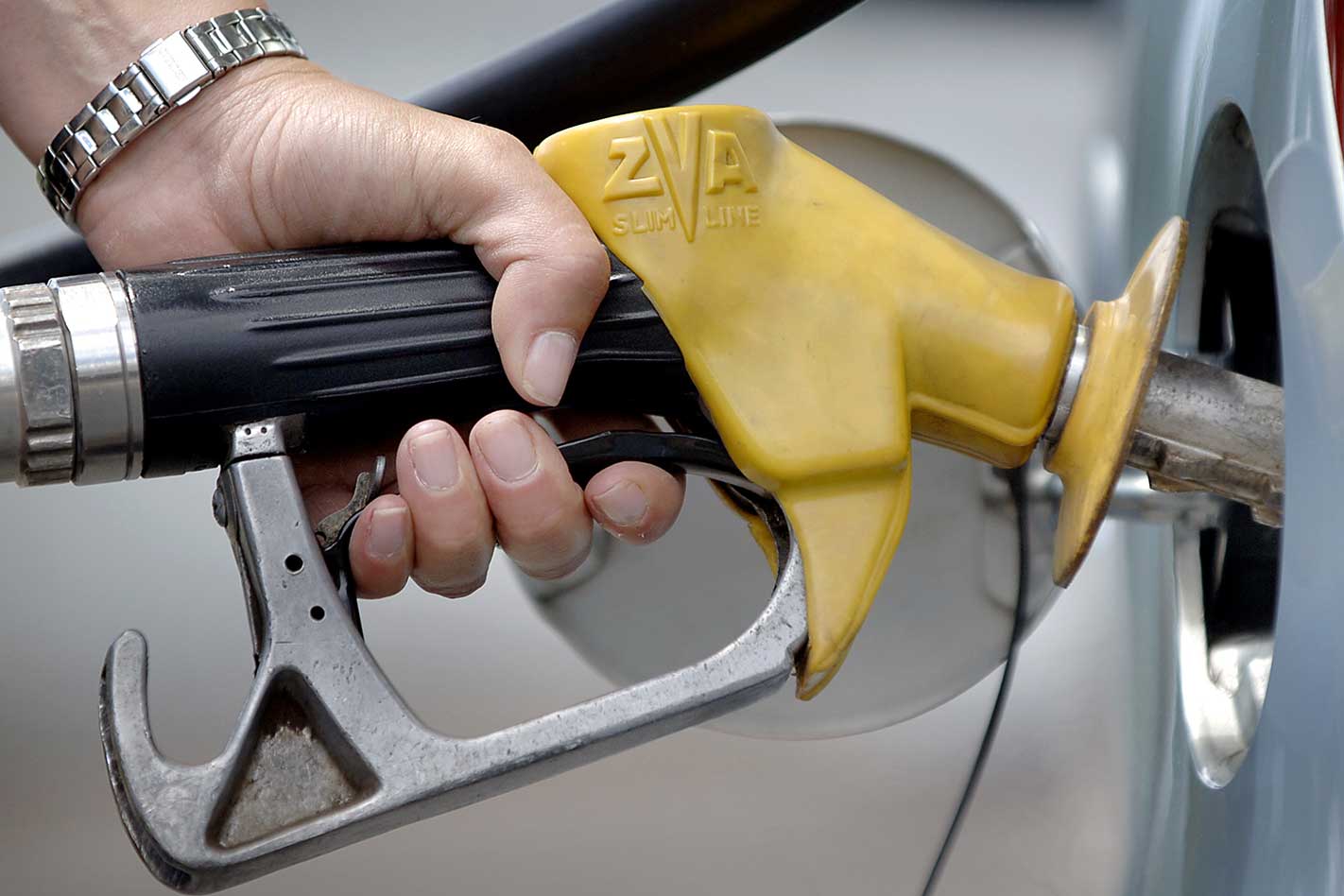
According to the Australian Automobile Association, the fuel excise tax was expected to rake in $13 billion this year, although it found just 53 per cent of the fuel excise was spent on the transport network over the past decade.
The Federal Chamber of Automotive Industries recently called for the fuel excise to be scrapped entirely in favour of a uniform road user charge scheme, with CEO Tony Weber saying “…a road user charge is not an additional tax on motorists. Instead, it can replace myriad charges such as registration, fuel excise licence fees, luxury car tax and sales tax.
“The reduction in complexity also presents an opportunity to reduce the large bureaucracies required to administer these inefficient taxes and charges, providing additional economic benefit.”
We recommend
-
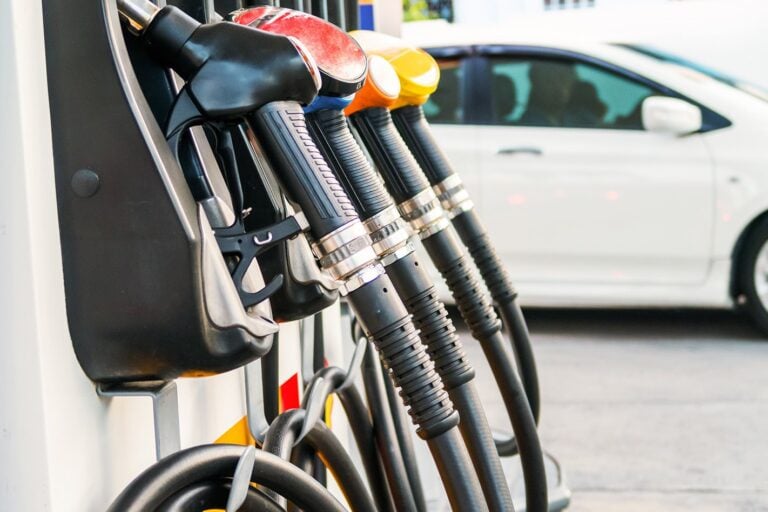 News
NewsFederal Budget: Fuel excise slashed to help ease impact of rising prices
Treasurer Josh Frydenberg made the announcement on Tuesday night as part of his government's fourth budget
-
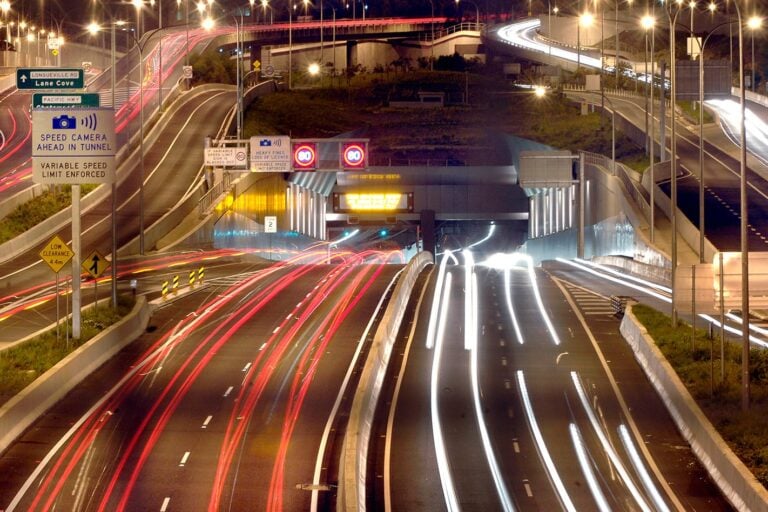 News
NewsFCAI renews call for fuel excise to be scrapped due to shock fuel prices
With the Federal Election coming up, the peak body thinks there's no better time for a change
-
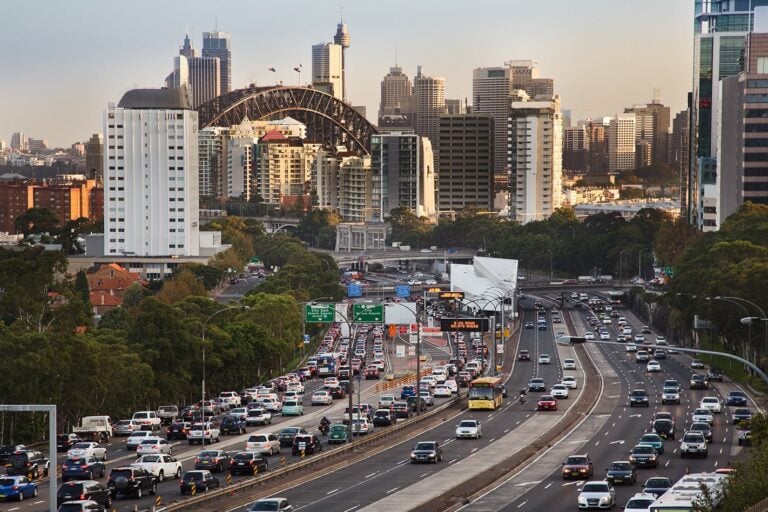 News
NewsPeak motoring body calls for transport to lead Australia's economic recovery
Roughly $13 billion in revenue is expected to be collected from the fuel excise tax alone this year

